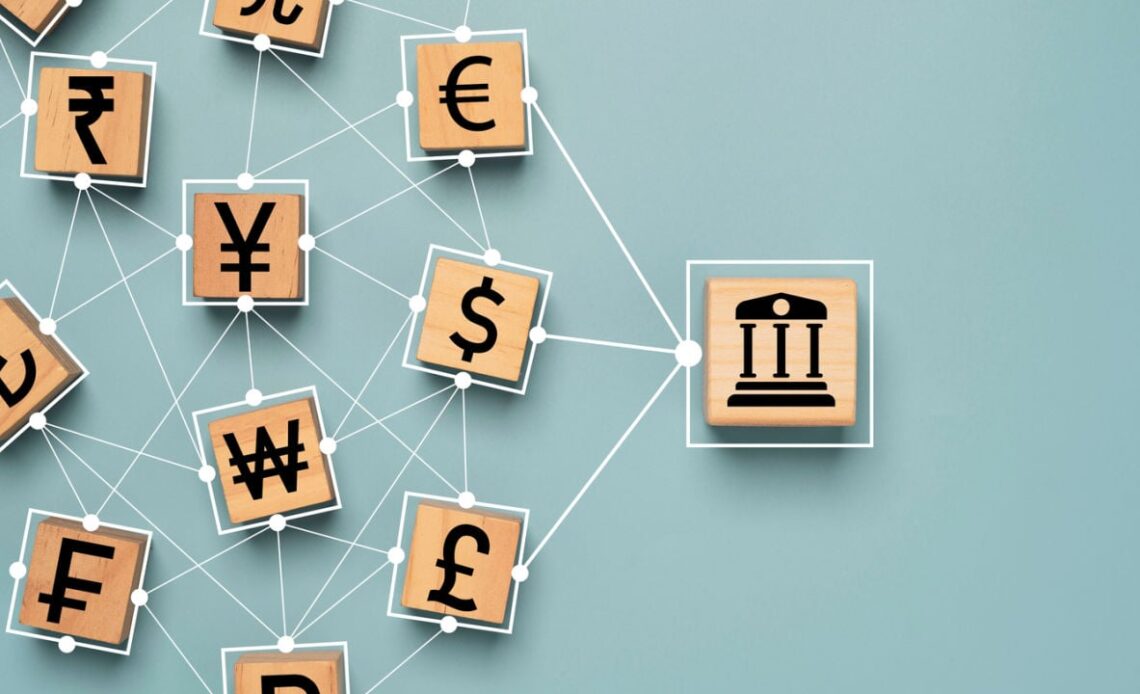Despite being touted as a game-changing innovation, the decentralized finance (defi) ecosystem is still not connected to fiat rails largely because of regulatory and compliance issues, Torsten Stuber, the CTO at Pendulum says. According to Stuber, the defi ecosystem will succeed in getting more traditional financial institutions on board once “a substantial amount of liquidity needed to facilitate efficient trading” is in place.
Defi’s Perceived Lack of Regulation a Barrier to Adoption
In addition, Stuber, whose firm uses the Polkadot blockchain to bring fiat networks to the decentralized finance ecosystem, suggested increased education and awareness as the other ways defi proponents can bring traditional financial institutions on board.
The Pendulum CTO also shared his views on central bank digital currencies (CBDCs), and their benefits and likely risks to defi. In written responses sent to Bitcoin.com News Stuber also explained why the integration of CBDCs into defi systems is something that goes against the very essence of decentralization. The CTO also explained why having more collateral could be a solution to the problem of stablecoins depegging during extreme market events.
Below are Stuber’s responses to the questions sent by Bitcoin.com News.
Bitcoin.com News (BCN): The foreign exchange market is believed to be a more than $6 trillion market that runs on the infrastructure built by traditional financial institutions. Some have suggested that forex trading based on decentralized finance (defi) can potentially improve the efficiency of, or access to, this market. However, for this to happen, some argue that the defi space needs to be developed further. To help readers understand why defi is potentially a game changer, can you briefly define decentralized forex trading and how this could potentially benefit traditional businesses, fintechs, or even traders?
Torsten Stuber (TS): Decentralized forex trading refers to the process of conducting foreign exchange transactions on a decentralized platform, typically built on a blockchain network. By leveraging smart contracts and automated market makers (AMMs), decentralized forex trading aims to improve the efficiency, transparency, and accessibility of the traditional forex market.
To be more specific, I particularly want to stress the following advantages. First, decentralized forex trading will lower transaction costs by eliminating intermediaries. Second, blockchain-based platforms…
Click Here to Read the Full Original Article at Bitcoin News…
























